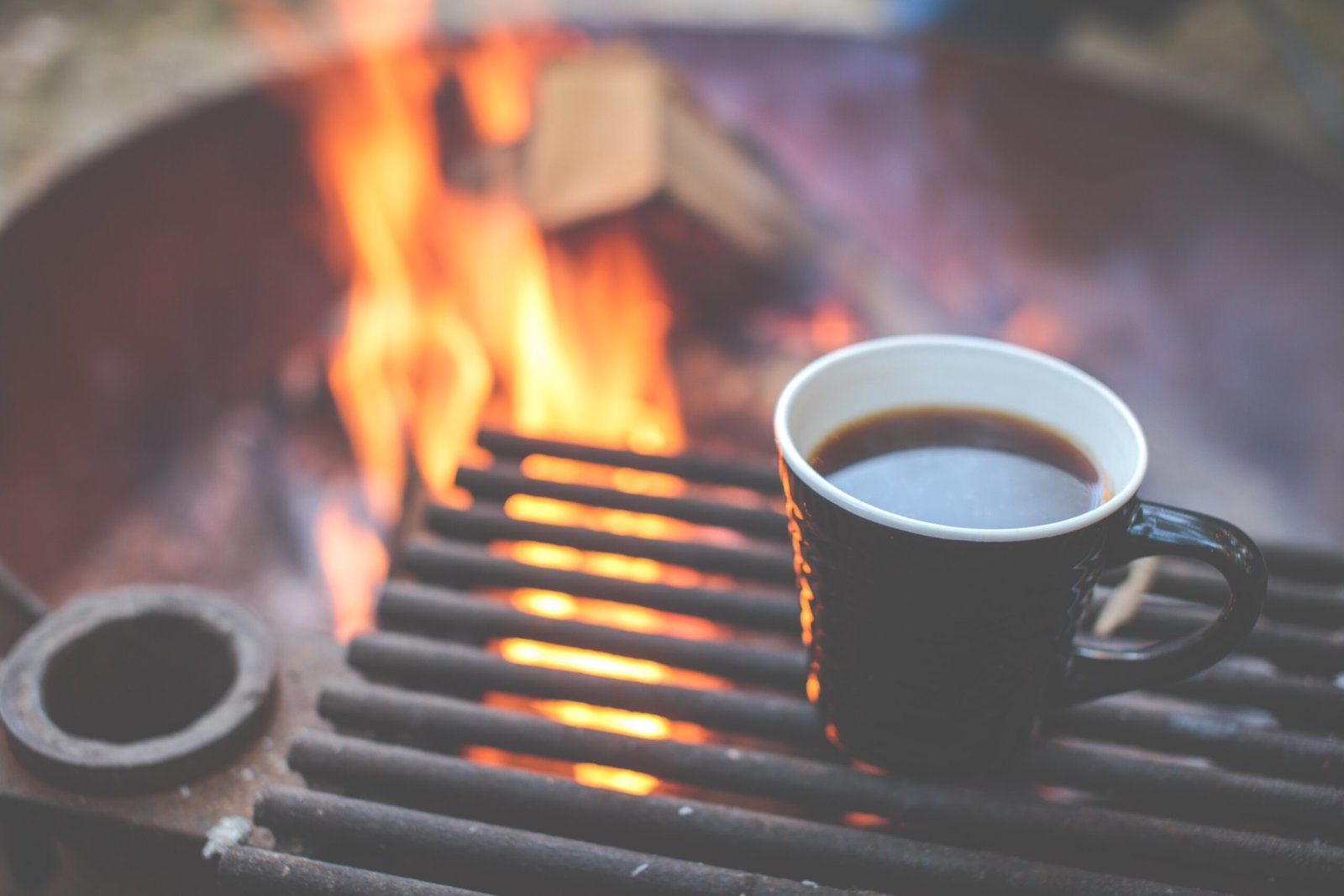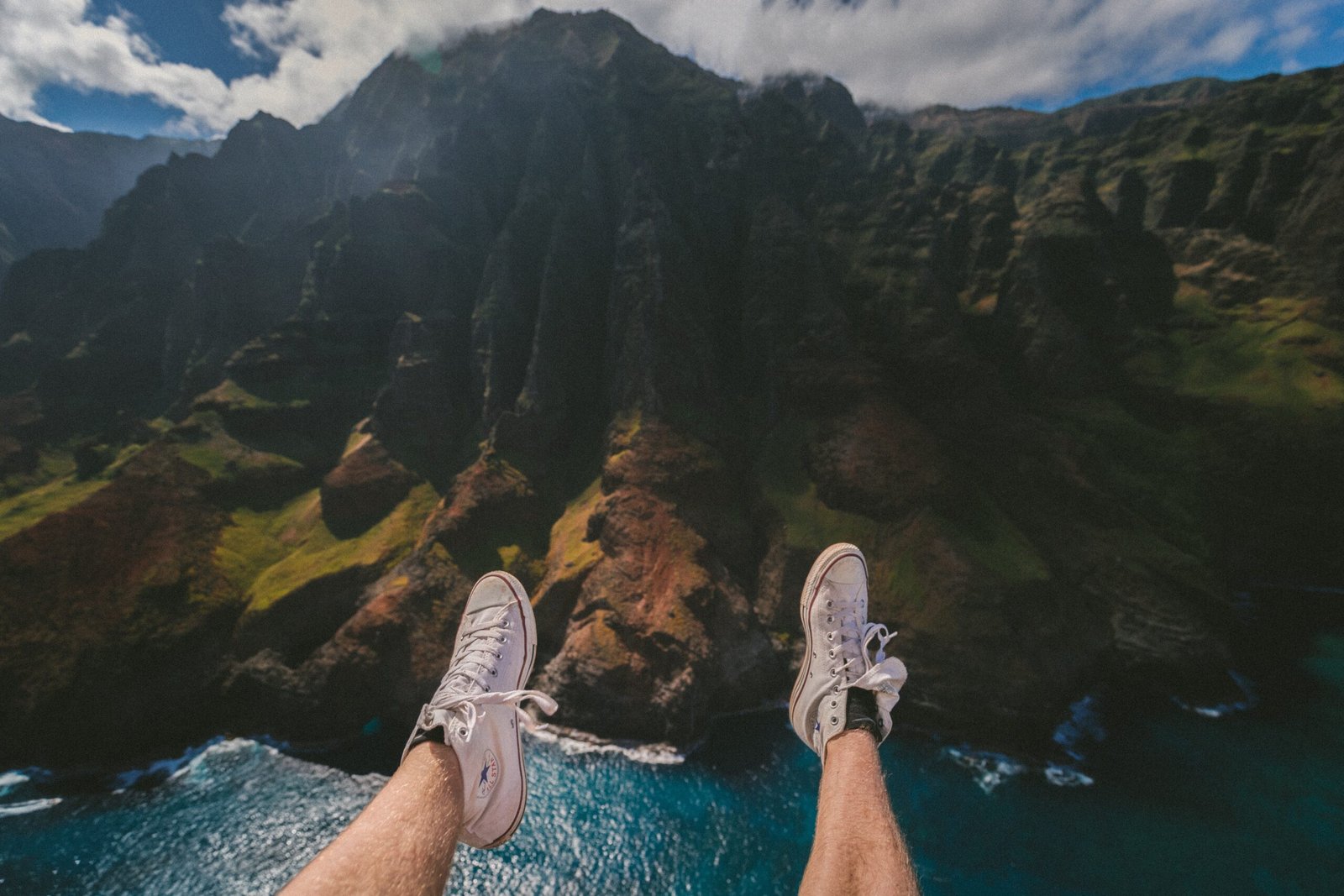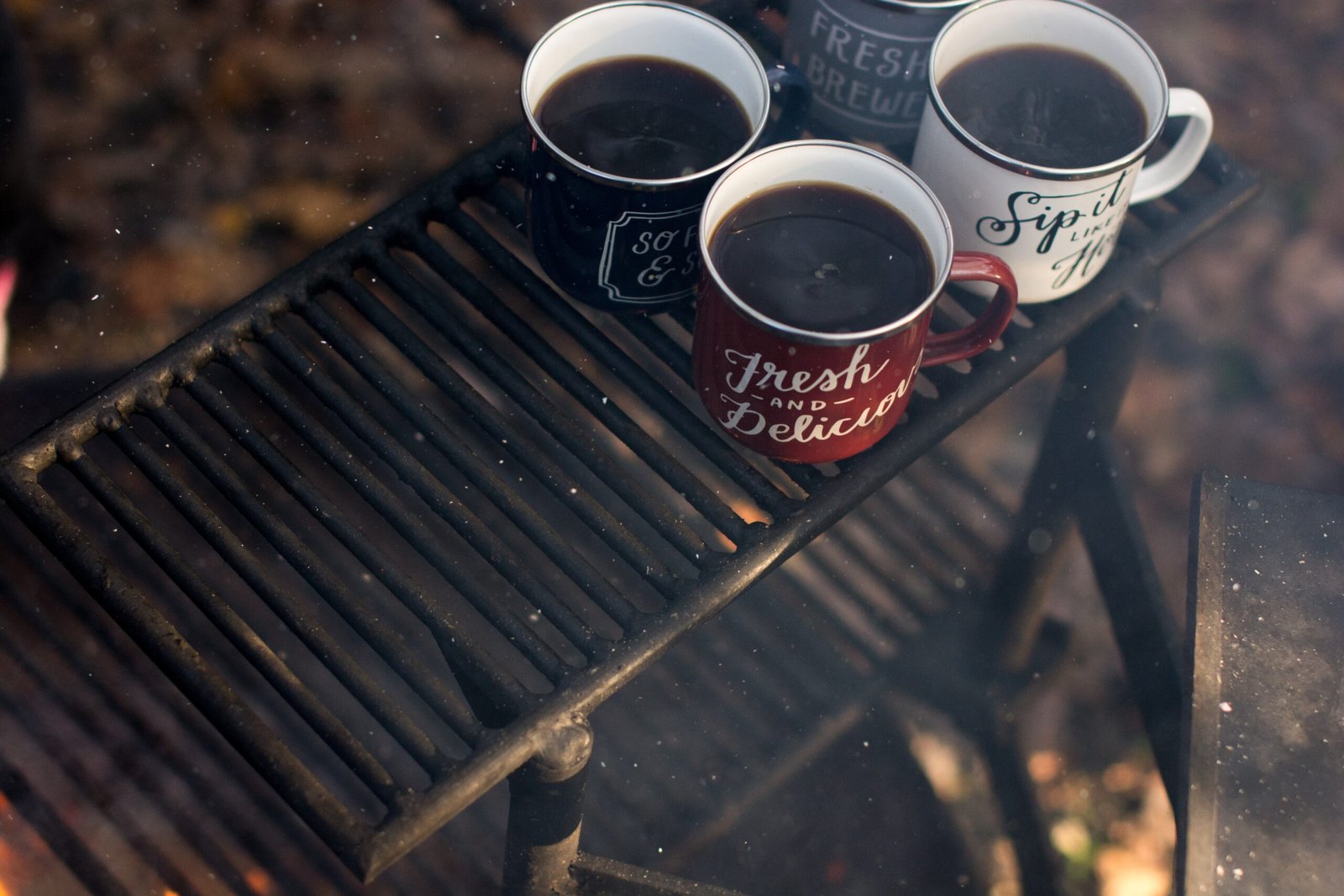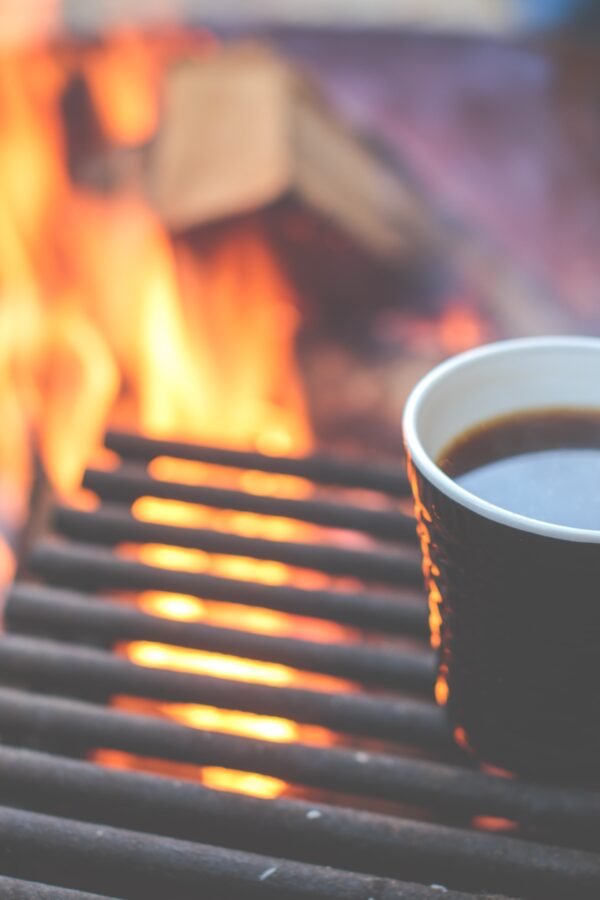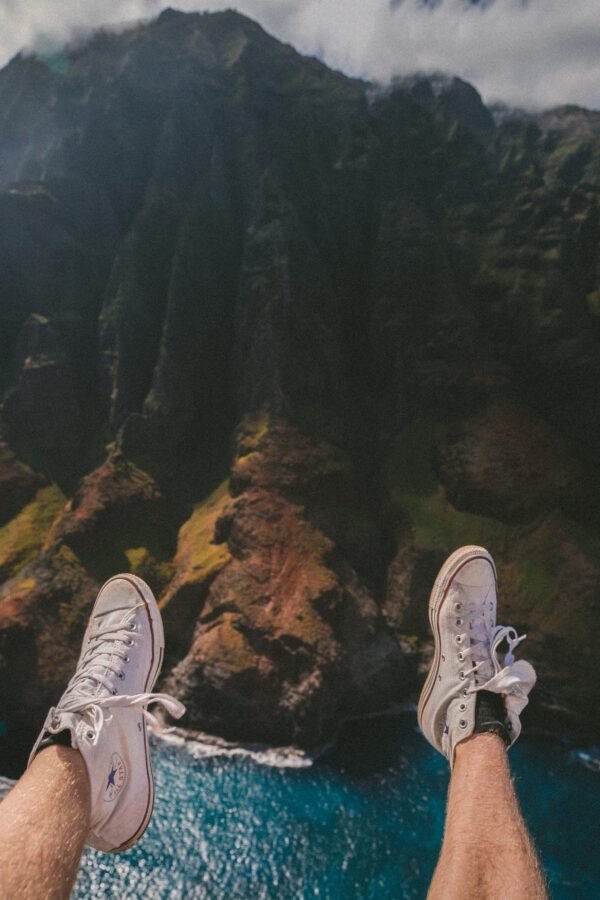Are you ready to embark on a thrilling adventure beneath the starry sky? Look no further as Tutti Camping is here to guide you through the essentials of camping and ensure that your outdoor excursion is nothing short of amazing. From the must-have gear to the hidden gems of camping locations, we have all the latest and hottest information, tips, and tricks to make your camping experience truly unforgettable. So, pack your bags, grab your marshmallows, and join us on this extraordinary journey into the heart of nature.
Shelter and Sleeping Equipment
Tent
A tent is one of the most essential pieces of camping equipment. It provides you with a sheltered space to sleep and protects you from the elements. When choosing a tent, consider the number of people it needs to accommodate, the season you will be camping in, and the ease of setting it up. Look for a tent that is sturdy, waterproof, and has enough space for your sleeping bags and gear.
Sleeping Bags
A good night’s sleep is crucial when camping, and a comfortable sleeping bag can make all the difference. Choose a sleeping bag that is suited for the temperature of the area you will be camping in. Look for one that is insulated, lightweight, and easy to pack. Consider factors like size, shape, and material when selecting a sleeping bag to ensure maximum comfort.
Sleeping Pads
To provide extra cushioning and insulation from the cold ground, a sleeping pad is a must-have item for camping. Sleeping pads come in various thicknesses and materials, such as foam or inflatable ones. They not only make your sleeping surface more comfortable but also protect you from moisture and cold.
Pillows
While some campers may choose to do without pillows, having a comfortable pillow can greatly enhance your sleeping experience. Many camping-specific pillows are designed to be lightweight, packable, and provide adequate support for your head and neck. Look for a pillow that suits your personal comfort preferences and is easy to clean and pack.
Cooking and Food
Campfire cooking equipment
Cooking over a campfire can be a fun and delicious part of the camping experience. Invest in cooking equipment such as a sturdy grill grate, cast iron skillet, and cooking tripod to make the most of your campfire cooking. These items allow you to cook a variety of meals and enjoy the smoky flavors of outdoor cooking.
Portable stove
A portable stove is a practical alternative to campfire cooking, especially in areas where campfires may not be allowed or during unfavorable weather conditions. Look for a compact and lightweight stove that runs on propane or butane. These stoves can quickly heat up water, cook meals, and provide a convenient cooking option during your camping trip.
Cooking utensils
Don’t forget to pack essential cooking utensils such as a spatula, tongs, knife, and cooking spoon. These utensils will come in handy for preparing and serving meals. Opt for durable, stainless steel or heat-resistant plastic utensils that are easy to clean and store. Remember to bring utensils suitable for campfire or stove cooking.
Cooler or ice chest
To keep your perishable food items fresh and prevent them from spoiling, a cooler or ice chest is essential. Invest in a high-quality cooler that can maintain a low temperature for extended periods. Consider the size and insulation capabilities of the cooler and choose one that suits your camping needs. Additionally, make sure to pack plenty of ice or reusable ice packs to keep your food and beverages cold.
Food and water
When planning your camping meals, think about the duration of your trip, the number of people, and any dietary restrictions or preferences. Pack non-perishable food items such as canned goods, dried fruits, nuts, and granola bars, as well as fresh produce that can be consumed within a few days. Don’t forget to bring an ample supply of drinking water or a water filtration system to ensure hydration during your camping adventure.

Clothing and Personal Items
Clothes for different weather conditions
Pack a variety of clothing options to accommodate changing weather conditions. Include lightweight and breathable clothing for hot days, as well as warmer layers for cooler evenings. Don’t forget to pack extra socks and underwear, as these can get damp or dirty quickly. Consider bringing rain gear, such as a waterproof jacket and pants, to stay dry during unexpected showers.
Hiking boots
Invest in a good pair of hiking boots that provide ankle support and traction. Hiking boots should be comfortable, durable, and waterproof to tackle various terrains. Before your camping trip, break them in and make sure they fit well to prevent discomfort and blisters.
Rain gear
Weather can be unpredictable, so it’s essential to pack rain gear for added protection. A waterproof jacket and pants will keep you dry during unexpected showers or in case you encounter wet conditions while hiking or exploring. Look for lightweight and compact rain gear that can be easily packed and carried throughout your camping trip.
Toiletries
While camping, it’s important to maintain personal hygiene. Pack essential toiletries such as toothbrush, toothpaste, soap, shampoo, and toilet paper. Consider using biodegradable and eco-friendly options to minimize your impact on the environment. Additionally, bring a towel or quick-drying microfiber towel for bathing or drying off after water activities.
Sunscreen and insect repellent
Protect your skin from harmful UV rays by bringing sunscreen with a high SPF rating. Apply sunscreen liberally and frequently, especially during outdoor activities. Alongside sunscreen, insect repellent is essential to ward off mosquitoes and other biting insects. Opt for a repellent with DEET or other proven effective ingredients and follow the instructions for application.
Lighting and Navigation
Flashlights or headlamps
A reliable light source is essential for navigating around the campsite at night. Pack a flashlight or headlamp to provide adequate lighting in the darkness. Consider LED options as they are energy-efficient and long-lasting. Bring extra batteries or a rechargeable power source to ensure your light source remains functional throughout your camping trip.
Extra batteries or power source
To ensure that your electronic devices, lights, and other battery-operated equipment continue to function during your camping trip, pack extra batteries or a portable power source. This will provide you with peace of mind and keep you connected or illuminated when needed.
Compass or GPS
When exploring the outdoors, having a compass or GPS device is crucial for navigation and avoiding getting lost. Familiarize yourself with how to use a compass or operate a GPS device before your trip. A compass is a lightweight and reliable option, especially in areas with no signal or battery life for GPS devices.
Map of the area
Having a map of the camping area is vital for understanding the terrain, locating hiking trails, and planning your outdoor activities. Before your camping trip, obtain a detailed map that covers the region you will be exploring. Familiarize yourself with key landmarks, natural features, and topographical information to ensure a safe and enjoyable experience.

First Aid and Safety
First aid kit
Accidents and injuries can happen during camping trips, so it’s important to have a well-stocked first aid kit on hand. Your first aid kit should include basics like band-aids, gauze, adhesive tape, antiseptic wipes, pain relievers, and any necessary personal medications. Additionally, consider including items like tweezers, scissors, and a CPR mask for more comprehensive care.
Extra prescription medication
If you take any prescription medication, be sure to bring an ample supply for the duration of your camping trip. Consider packing an extra dose in case of unexpected delays or emergencies. Store medications in a waterproof and airtight container to protect them from moisture and damage.
Emergency contact information
Create a list of emergency contact numbers, including local emergency services and contact details of friends or family members who can assist in case of emergencies. Keep this information easily accessible at your campsite and carry a copy with you during outdoor activities.
Whistle or signal mirror
In the event of an emergency or if you get lost, a whistle or signal mirror can be invaluable for attracting attention and signaling for help. A loud whistle can carry over long distances, alerting others to your location. A signal mirror can reflect sunlight, catching the attention of search and rescue teams or passing aircraft.
Fire extinguisher
Camping often involves cooking over open flames, so it’s essential to have a fire extinguisher on hand in case of emergencies. Choose a compact and lightweight fire extinguisher specifically designed for camping. Familiarize yourself with its usage instructions and store it in an easily accessible location at your campsite.
Campsite Essentials
Camp chairs and table
Create comfortable and functional seating areas in your campsite by bringing along portable camp chairs and a foldable table. These items provide a place to relax, eat meals, and enjoy the campsite atmosphere. Look for lightweight and compact options that can be easily carried and set up.
Hammock or camping cot
For optimal relaxation and comfort, consider bringing a hammock or camping cot. These items allow you to rest and unwind during the day or provide an alternative sleeping arrangement. Ensure the hammock or camping cot is sturdy, easy to set up, and provides sufficient support for a comfortable experience.
Trash bags
Leave no trace and keep the environment clean by packing plenty of trash bags. Dispose of all waste properly and ensure that your campsite remains free of litter. Consider using biodegradable trash bags to minimize your impact on the environment.
Rope or cord
Rope or cord is a versatile tool that can be used for a variety of purposes at the campsite. Use it to set up a clothesline, hang a tarp for additional shelter, secure equipment, or create a makeshift clothes drying rack. Opt for strong and durable rope that can withstand outdoor conditions.
Duct tape
Duct tape is a valuable item for quick repairs and improvisations at the campsite. It can be used to mend tents, fix broken gear, seal holes, or even create makeshift handles. Pack a roll of duct tape in your camping essentials to be prepared for any unexpected situations.

Recreation and Entertainment
Campfire games
Gather around the campfire and engage in fun activities with campfire games. Play classic games like charades, sing-along to campfire songs, or try your hand at storytelling. These activities create memorable moments and foster a sense of camaraderie among camping companions.
Books or magazines
Escape into the world of literature by bringing along your favorite books or magazines. Reading provides a relaxing and enjoyable pastime during downtime at the campsite. Choose genres that align with your interests and preferences, whether it’s adventurous fiction or informative nature magazines.
Sports equipment
Stay active and make the most of the outdoors by packing sports equipment. Consider bringing items such as frisbees, balls, or badminton rackets for friendly games. These activities allow you to bond with your camping companions and enjoy the natural surroundings.
Musical instruments
If you enjoy playing music, bring along a portable and lightweight musical instrument such as a ukulele or harmonica. Playing music around the campfire creates a warm and welcoming atmosphere, and it’s a great way to connect with fellow campers. Don’t forget to bring spare strings or reeds for maintenance.
Binoculars
Enhance your outdoor experience and observe wildlife from a distance by bringing a pair of binoculars. Binoculars allow you to spot birds, animals, and breathtaking natural landscapes with more detail. Choose a lightweight and compact pair for easy carrying during hikes or nature walks.
Tools and Miscellaneous Items
Multi-tool or Swiss Army knife
A multi-tool or Swiss Army knife is a versatile tool that combines various functions in one compact device. It typically includes features such as blades, screwdrivers, pliers, and bottle openers. A reliable multi-tool or Swiss Army knife can assist with repairs, food preparation, and other camping tasks.
Tarp or groundsheet
A tarp or groundsheet serves as an additional layer of protection for your tent’s floor or as a makeshift shelter. It can be used to create a dry and clean area for gear, a shaded hangout spot, or an emergency rain shelter. Look for a durable and waterproof tarp that suits the size of your tent and camping needs.
Aluminum foil and plastic bags
Aluminum foil and plastic bags are handy for various cooking and storage purposes during camping. Foil can be used to wrap food for grilling or create makeshift cooking surfaces. Plastic bags are useful for organizing and storing food, keeping items dry, or sealing odorous items to prevent attracting wildlife.
Camp stove fuel
If you opt for a portable stove instead of campfire cooking, ensure you have an adequate supply of fuel. Consider the fuel type your stove requires, such as propane or butane, and bring enough canisters to last for the duration of your camping trip. Store fuel canisters in a well-ventilated and secure location.
Extra tent stakes
Having a few extra tent stakes can save the day if any get lost or damaged. Tent stakes secure your tent to the ground and ensure it remains stable, especially during windy conditions. Check that your tent stakes are in good condition before your camping trip, and consider bringing a small mallet or hammer for easier setup.
Communication and Electronics
Cellphone or satellite phone
Although it’s essential to disconnect and enjoy nature, having a cellphone or satellite phone can provide an added safety net in case of emergencies. Ensure that your phone is fully charged and consider bringing a portable charger or extra battery pack to prolong battery life throughout your camping trip.
Two-way radios
Two-way radios are useful for communication within the camping group, especially in areas with limited or no cellphone reception. They allow you to stay connected and coordinate activities while exploring the outdoors. Opt for radios with a sufficient range and ensure everyone in your group knows how to operate them.
Portable charger
A portable charger is a handy gadget for keeping your electronic devices powered up during your camping trip. It allows you to recharge your smartphone, camera, or other battery-powered equipment without access to traditional electrical outlets. Look for a portable charger with sufficient capacity to meet your charging needs.
Camera or camcorder
Capture and preserve the beautiful memories of your camping adventure by bringing a camera or camcorder. Whether you prefer a compact digital camera or a more advanced DSLR, having a device to document your experiences allows you to relive those moments for years to come. Make sure to fully charge your camera and bring extra memory cards.
Power adapters
If you’re camping in a location with different electrical outlets, bring power adapters to ensure compatibility with your electronic devices. Adapters allow you to charge your devices using various types of plugs, making it easier to keep your equipment powered throughout your camping trip.
Tips and Advice for Camping
Choose a suitable campsite
When selecting a campsite, consider factors such as proximity to amenities, level of privacy, and availability of necessary facilities like toilets and water sources. Research and choose a campsite that aligns with your preferences and camping objectives, whether it’s a secluded wilderness experience or a family-friendly campground.
Check the weather forecast
Stay informed about the weather conditions for your camping trip by checking the forecast before you leave. Understanding the expected temperatures, precipitation, and wind conditions will help you pack appropriate clothing and gear. Be prepared for changing weather and have backup plans in case of severe conditions.
Pack layers for changing temperatures
Outdoor temperatures can vary significantly between day and night, especially in certain camping destinations. Pack clothing layers that can be easily added or removed to regulate your body temperature comfortably. This ensures that you are prepared for temperature fluctuations and can enjoy your camping experience regardless of the weather.
Practice Leave No Trace principles
Camping allows us to connect with nature, and it’s important to minimize our impact on the environment. Follow the principles of Leave No Trace, which include packing out all your trash, disposing of waste properly, staying on designated trails, and respecting wildlife and natural habitats. Leave the campsite as you found it, or even better, cleaner.
Learn basic wilderness survival skills
Being equipped with basic wilderness survival skills can greatly enhance your safety and enjoyment during a camping trip. Learn how to start a fire, find or purify water, navigate using a compass or map, and identify edible plants or potential dangers in the wilderness. Knowing these skills can make you feel more confident and prepared in outdoor settings.
Camping is a wonderful way to connect with nature, rejuvenate your mind, and create lasting memories. By following this comprehensive list of camping essentials and tips, you’ll be well-prepared for a successful and enjoyable camping adventure. Remember to plan ahead, pack wisely, and embrace the beauty of the great outdoors with Tutti Camping!


